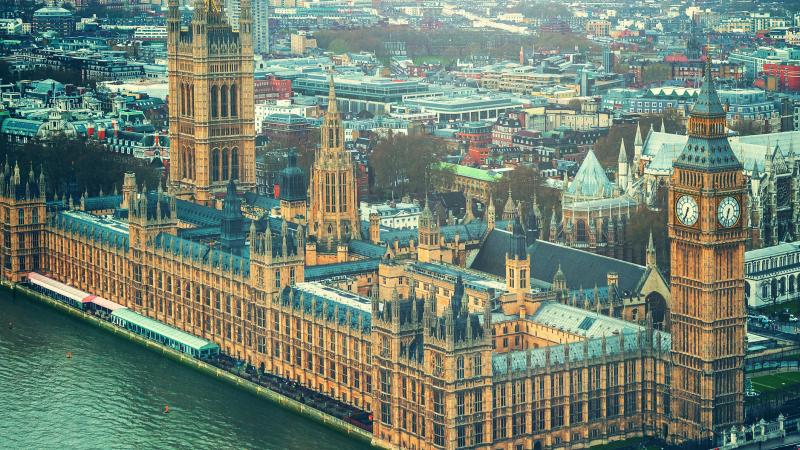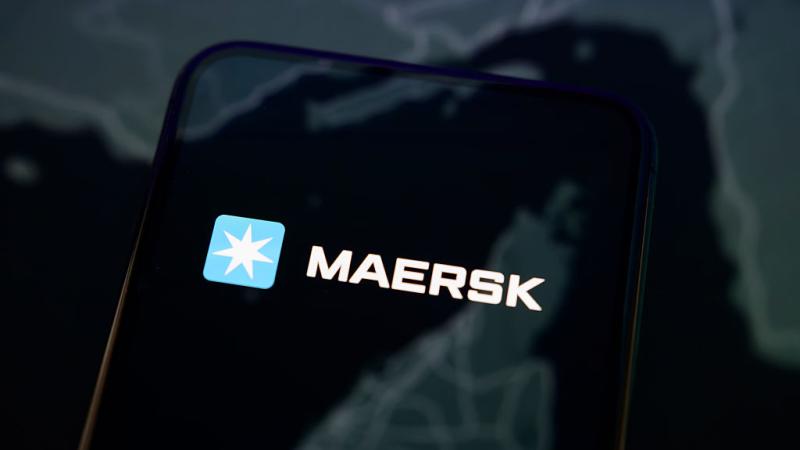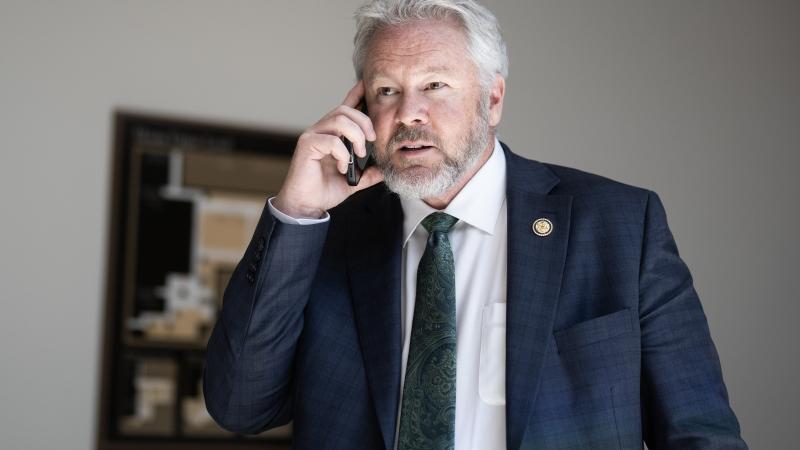YouTube to remove videos challenging 2020 election, but 'Russia collusion' videos left uncensored
Company says new policy is "in line with our approach towards historical U.S. Presidential elections."
Tech giant and Internet video pioneer YouTube this week announced that it will begin to remove videos challenging the results of the 2020 presidential election, a policy it plans to enforce even as numerous videos remain up challenging the outcome of the 2016 election in which Donald Trump beat Hillary Clinton.
YouTube announced the policy early on Wednesday. "Yesterday was the safe harbor deadline for the U.S. Presidential election and enough states have certified their election results to determine a President-elect," the company said. "Given that, we will start removing any piece of content uploaded today (or anytime after) that misleads people by alleging that widespread fraud or errors changed the outcome of the 2020 U.S. Presidential election, in line with our approach towards historical U.S. Presidential elections."
YouTube's stated policy—in which the company promised to take down videos alleging election malfeasance following the certification of the election in question—appears to be at odds with its own in-house decision to permit the continued streaming of numerous videos alleging that Donald Trump colluded with Russia to steal the 2016 election.
That conspiracy theory, which occupied much of Trump's first term in office, has never been substantiated by any proof, including the lengthy investigations of Robert Mueller's special counsel.
Yet numerous YouTube videos posted in the months and years since the 2016 election have alleged, without evidence, that Trump's victory and subsequent presidency have been illegitimate and/or that he colluded with Russians to illegitimately win that presidential race.
In one such video posted on Jan. 13, 2017, the late Rep. John Lewis claimed that Trump was an illegitimate president because of "the Russians [having] participated" in helping Trump's election effort.
"I think there was a conspiracy on the part of the Russians and others to help him get elected," the famed civil rights activist said in the video.
Lewis in the video did not go so far as to claim that Trump "colluded" with Russia in 2016, though his promotion of a generalized Russian conspiracy theory has been echoed in numerous other instances on YouTube, including from those who claimed outright that Trump worked with Russia to steal 2016 from Hillary Clinton.
One video from July of 2017 features U.S. Rep. Nancy Pelosi citing what she claimed was "cold hard evidence" of the Trump campaign "eagerly intending to collude, possibly" with Russia "to influence American elections." Pelosi was referring to a 2016 meeting between Donald Trump, Jr. and Russian officials in which the latter promised the former compromising information on Hillary Clinton.
The Mueller investigation ultimately declined to prosecute Trump Jr. for that exchange. Mueller's report concluded that the government "does not have strong evidence of surreptitious behavior or efforts at concealment" regarding that meeting.
In another video still on YouTube, U.S. Rep. Adam Schiff, the chair of the House Intelligence Committee, also cited that meeting in claiming to possess "direct evidence" of collusion between the Trump campaign and Russia. Schiff in that video also alluded to "abundant circumstantial evidence."
Schiff, who for several years was the public face of the Trump-Russia conspiracy theory, has appeared on YouTube's servers numerous times making collusion allegations. In one video from March of 2018, Schiff alluded to "significant evidence, much of it in the public domain, on the issue of [Russian] collusion [with the Trump campaign]."
In a video from 2017, meanwhile, Schiff also claimed to have knowledge of "more than circumstantial evidence" of collusion.
Schiff has not been the only Democratic official to appear on YouTube alleging a rigged 2016 election. In one video from September of 2019, Hillary Clinton—whose loss to Trump launched several years' worth of conspiracy theories regarding collusion with Russia—argued that Trump "knows he's an illegitimate president."
"He knows," Clinton continued. "He knows that there were a bunch of different reasons why the election turned out the way it did ... I know that he knows that this wasn't on the level."
"I don't know that we'll ever know everything that happened," she added. "But clearly, we know a lot, and are learning more every day. And history will probably sort it all out."
It is not clear why YouTube has allowed such videos to be posted long after the 2016 election while it is now deleting similar videos challenging the validity of the 2020 results. The company did not respond to multiple requests for comment on Wednesday.
In its new rule, YouTube notes that, in some cases, videos challenging the results of the election will be permitted to remain up.
"As always," the rule states, "news coverage and commentary on these issues can remain on our site if there’s sufficient education, documentary, scientific or artistic context."
The company did not respond to queries asking whether or not news reportage of conspiracy theories involving the 2016 election qualify for a "context" exemption, and if so how.
Elsewhere on its website, the video giant offers some clarification for how it determines exemptions, though it's not clear many of the "Russia collusion" videos would meet that standard.
"We do not automatically give exceptions to a video just because it is being presented as part of a news broadcast," the website states.
It cites by way of example "content telling people that the COVID-19 does not exist." Such content is allowed, YouTube states, "only if the content’s audio or imagery also directly refutes these claims or gives greater weight to the consensus from health and medical authorities that the claims are untrue."
The Facts Inside Our Reporter's Notebook
Links
- YouTube's new election-related content policy
- YouTube: Rep. Lewis says Trump is not a legitimate president
- Cold hard evidence of Trump-Russia collusion
- YouTube: Adam Schiff claims direct evidence of collusion
- YouTube: Democrats claim 'significant evidence' of Trump-Russia collusion
- YouTube: Schiff cites 'more than circumstantial evidence' of Trump-Russia collusion
- YouTube: Hillary Clinton says Trump 'knows he is an illegitimate president'
- YouTube's exemptions for misleading content
















